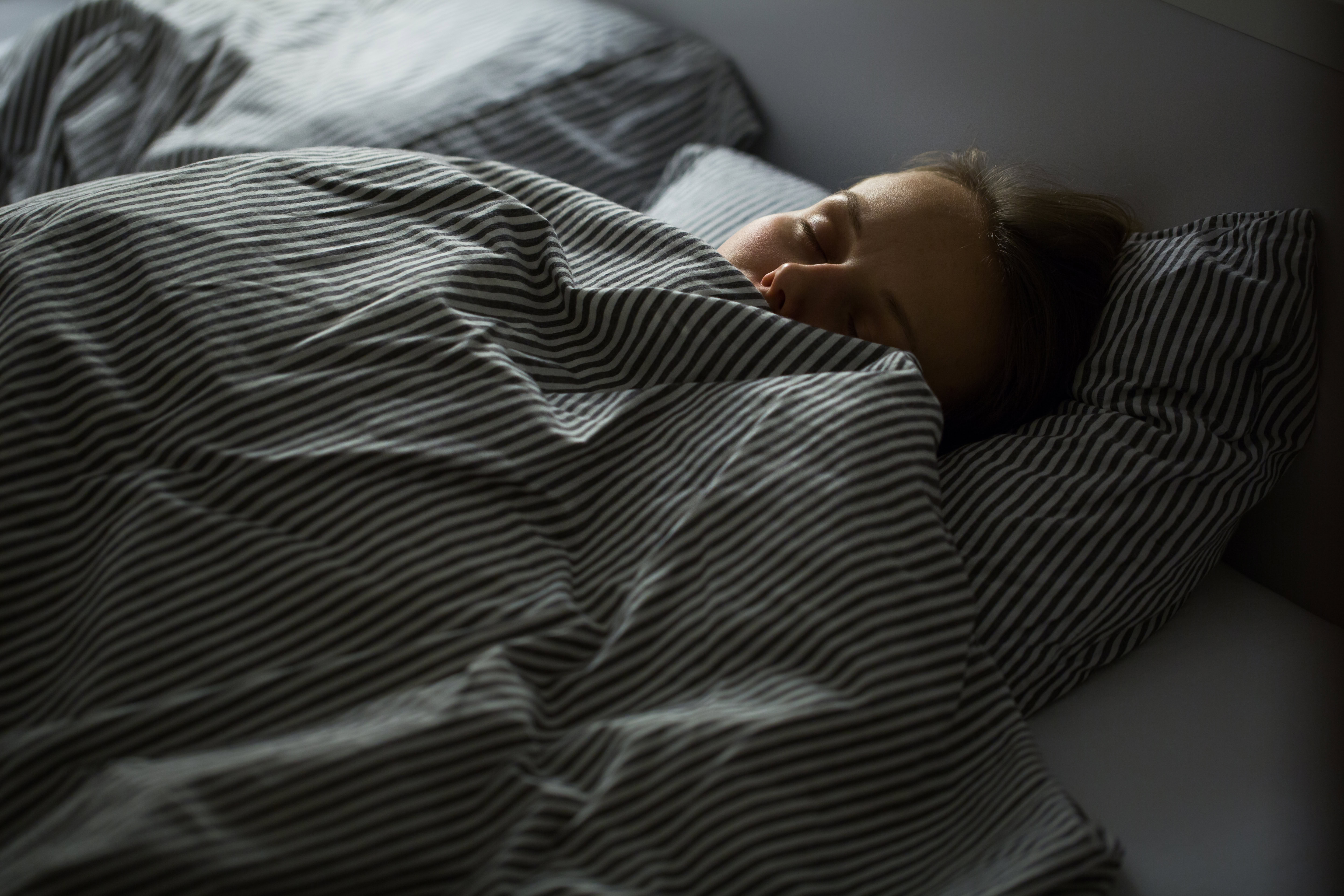Feature
Research suggests that higher levels of melatonin may help to reduce the infectiousness of COVID-19. We look at how a good night’s kip can promote the ‘darkness hormone’
New research suggests that melatonin may be connected to the severity of COVID-19, in regards to the development of pneumonia.
A study published this month found that by increasing melatonin with the use of a melatonin receptor agonist, damaging effects of ventilator-induced lung injury could be prevented in rodent models.1
Another study found that melatonin exhibits a therapeutic potential in its ability to modulate the immune system.2 Researchers infected rodents with a highly lethal and infectious influenza virus. They found that co-treatment of these infected rodents with melatonin and an antiviral drug significantly increased their survival rates compared to mice treated only with antivirals alone.
This could suggest that if a patient, regardless of age, has adequate melatonin, the infectiousness of COVID-19 will be greatly reduced, and the chances of developing acute long injury and acute respiratory distress syndrome significantly diminished.
For most people, peak melatonin production is between the hours of 2am-3am, therefore it’s vital to get a good night’s sleep. Here are some useful tips for practising good sleep hygiene:
- Sleep in a dark room: melatonin is secreted by the pineal gland in the brain in response to darkness, so even the lowest amount of light will disrupt melatonin production.
- It’s best to keep the home (or at least the bedroom) between 16 and 18C. Letting the bedroom get too warm can mess with sleep: too hot and the body struggles to bring its temperature back down, causing wakefulness. Too cold and the body will eventually wake you up – demanding extra layers of warmth!
- Avoid afternoon naps. Throughout the day, your sleep pressure (the level of sleepiness you feel) increases until it’s time to go to bed. Taking a kip mid-afternoon interferes with this sleep pressure, making it more difficult to fall asleep in the evening.
- To re-establish a normal sleep schedule, exercise regularly, ensure the bedroom is conducive to sleep (strictly no gadgets and gizmos) and keep bedtime/waking times consistent — even at weekends.
- Avoid caffeine eight hours before bedtime. Caffeine has a half-life of up to six hours, depending on strength. This means if you were to have a cup of coffee at 4pm, half of the caffeine would still be in your system by 10pm. One study found that this can reduce total sleep time by 1 hour.3
- Avoid the temptation to comfort eat heavier meals while staying home – particularly closer to bedtime. Too much food too close to bedtime is a sure-fire recipe for wake-up level heartburn and indigestion.
- Make sure your bed is comfortable and supportive – if it’s seven years old or more, then a new one could definitely be on the cards.
References
- https://respiratory-research.biomedcentral.com/articles/10.1186/s12931-020-1325-2
- https://www.sciencedirect.com/science/article/pii/S1756464619302452
- https://jcsm.aasm.org/doi/10.5664/jcsm.3170






